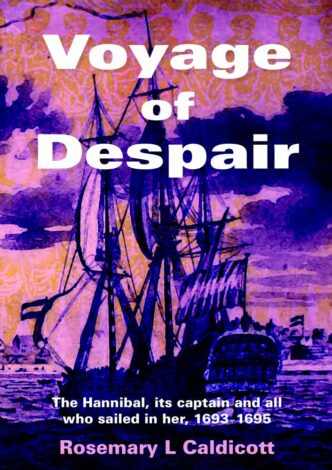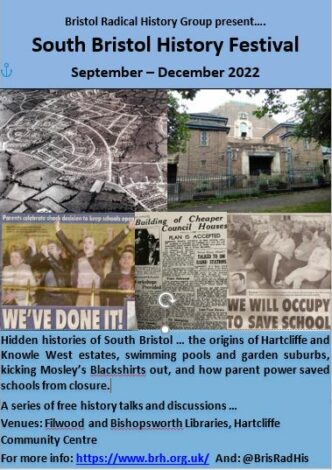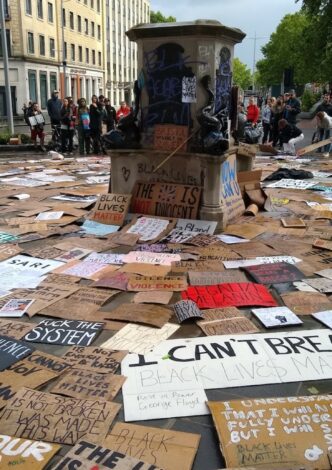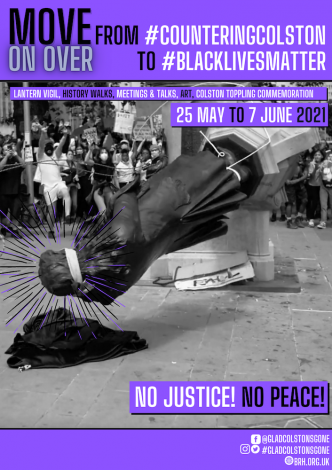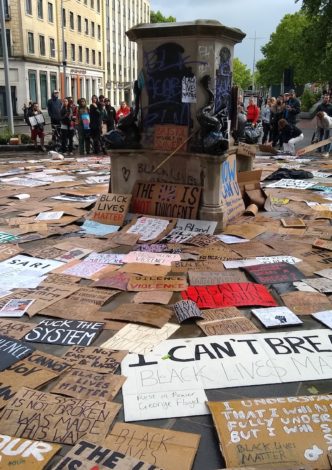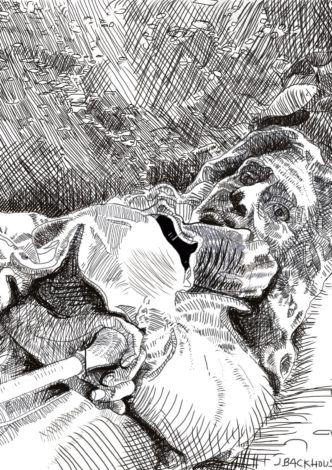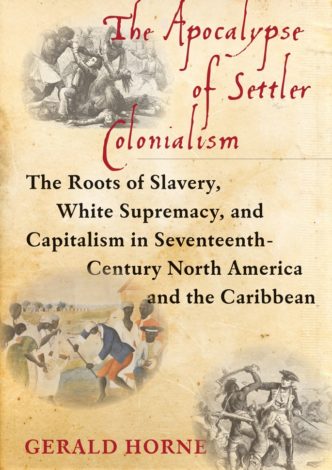History at the Hub, Newport, Wales: Voyage of Despair
Our guest speaker on Tuesday, October 29th at 6.30pm at the Newport Rising Hub will be Rosemary Caldicott, a social history researcher and author. During the event, Rosemary will provide insights from her book Voyage of Despair, focusing on lesser-known aspects of history. Rosemary Caldicott is recognized for her commitment to revealing untold narratives from history. Through her research, she offers a new insight into the history of Captain Thomas Phillips and the slave ship Hannibal, delving […]


